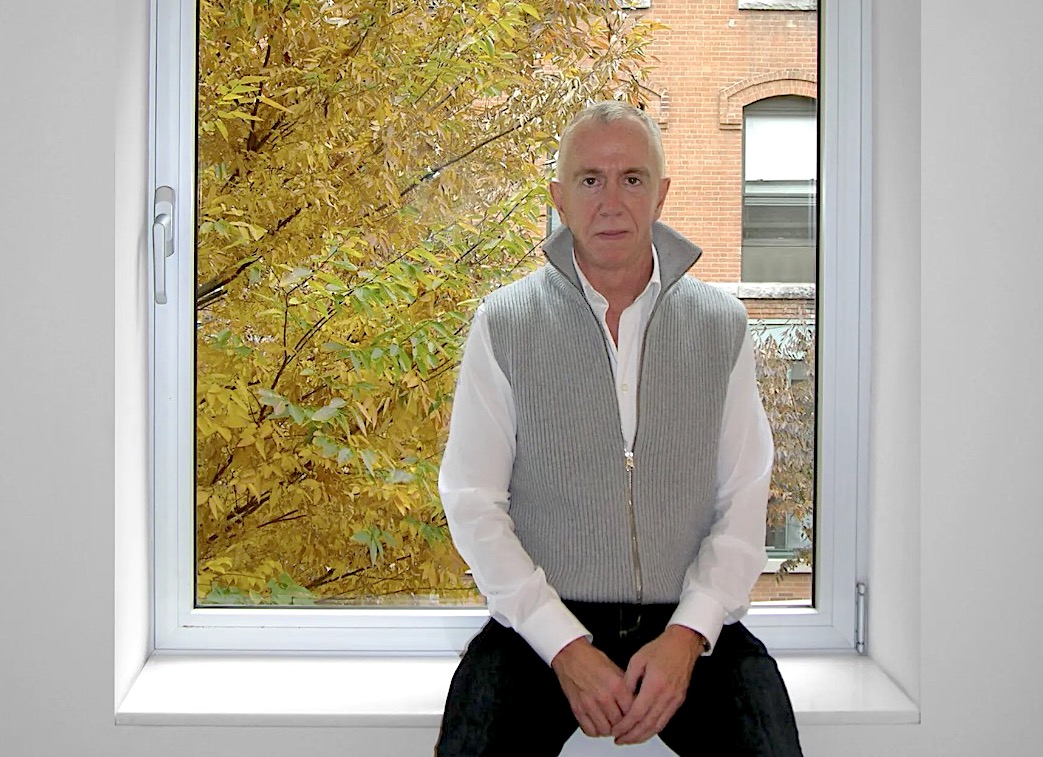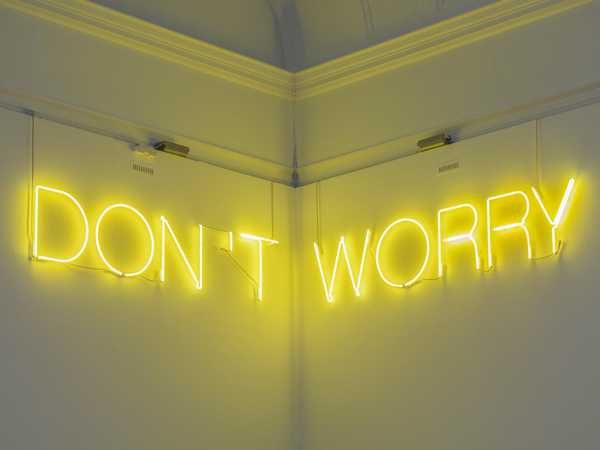Baobab
2001 - Film & Video (Film & Video)
Tacita Dean
The photographic quality of the film Baobab is not only the result of a highly sophisticated use of black and white and light, but also of the way in which each tree is characterized as an individual, creating in the end a series of portraits. The monumental and unnatural aspect of the baobabs turns them into strange and anthropomorphic personalities. Adding to the descriptive aspect of the film, the sound is a recording of the environment, of sounds made by animals, and participates in this peaceful contemplation. The still, almost fossilized aspect of the landscape makes it look majestic and eternal. « The camera, which examines in Baobab the ancestral and imposing trees of Madagascar, tries to capture the shadow and light effects, specific to photography. » (Essay by Julia Garimorth, in « Tacita Dean: Seven Books », published by Steidl / ARC/ Musée d’Art Moderne de la Ville de Paris, 2003).
Although Tacita Dean works with all kinds of media, her 16mm films are probably among her most well-known works. While they deal with the specificities of the medium – like the notions of time and narrative, through the use of still shots – the aesthetic quality of her films remind of photography or painting (maybe because she had studied painting in school). Memories and atmospheres are conveyed through sensual images, colors and light. In her work, Tacita Dean relates the past to the present, often creating a certain melancholy: the artist focuses on stories, characters or architectural relics, and questions the notion of narrative by using both documentary and fiction devices. Tacita Dean was born in Canterbury, UK, in 1965. She lives and works in Berlin.
Colors:
Related works of genres: » young british artists, » contemporary artist, » conceptual artist, » filmmaker, » british conceptual artists, » english contemporary artists, » born 1965

© » KADIST
Harun Farocki
2009For Immersion , Harun Farocki went to visit a research centre near Seattle specialized in the development of virtual realities and computer simulations...

© » ARTLYST
Kara Walker
Brent Sikkema, the Manhattan art dealer renowned for representing artists such as Jeffrey Gibson and Kara Walker found dead The post Brent Sikkema – Visionary Art Dealer Of Jeffrey Gibson And Kara Walker Murdered appeared first on Artlyst ....

© » KADIST
Ceal Floyer
2007NO POSITIONS AVAILABLE is composed of panels covering the entire wall of the gallery exemplifying one of the tendencies of the artist...

© » KADIST
John Baldessari
1991The voids in Baldessari’s painted photographs are simultaneously positive and negative spaces, both additive and subtractive...

© » KADIST
Simon Starling
2007Invited in 2007 to the Museum Folkwang in Essen (Germany), Simon Starling questioned its history: known for its collections and particularly for its early engagement in favor of modern art (including the acquisition and exhibition of works by Cézanne, Gauguin, Van Gogh, Matisse), then destroyed during the Second World War, the museum was pillaged for its masterpieces of ‘degenerate art’ by the nazis...

© » TATE EXHIBITIONS
Martin Creed
Martin Creed | The Dick Institute Experience the work of one of this country’s most ingenious, audacious and surprising artists at the Dick Institute ARTIST ROOMS Martin Creed presents highlights from the British artist’s thirty-year career...

© » KADIST
Francis Alÿs
2006This series of small drawings is executed with varying materials—pen, ink, colored pencil, charcoal, and masking tape—on architect’s tracing paper...

© » KADIST
Hank Willis Thomas
2014South Africa Righteous Space by Hank Willis Thomas is concerned with history and identity, with the way race and ‘blackness’ has not only been informed but deliberately shaped and constructed by various forces – first through colonialism and slavery, and more recently through mass media and advertising – and reminds us of the financial and economic stakes that have always been involved in representations of race....

© » KADIST
Hank Willis Thomas
2012Thomas’ lenticular text-based works require viewers to shift positions as they view them in order to fully absorb their content...

© » KADIST
Hank Willis Thomas
2012Like many of his other sculptural works, the source of I am the Greatest is actually a historical photograph of an identical button pin from the 1960s...

© » KADIST
Douglas Gordon
2004Douglas Gordon’s single-channel video The Left Hand Can’t See That The Right Hand is Blind, captures an unfolding scene between two hands in leather gloves—at first seemingly comfortable to be entwined, and later, engaged in a struggle...

© » KADIST
John Baldessari
1997In One Must , an image of a pair of scissors, accompanied by the words of work’s title, poses an ominous question about the relationship between the image and the text...








